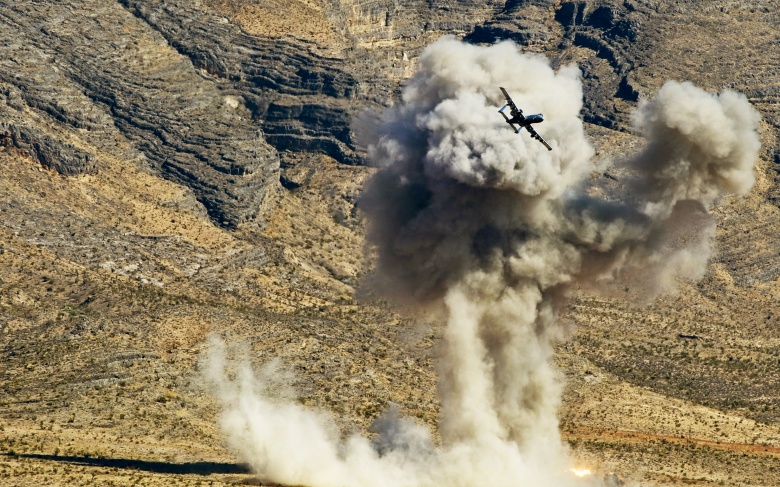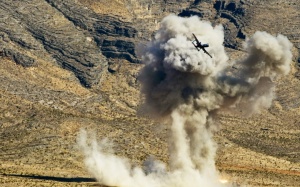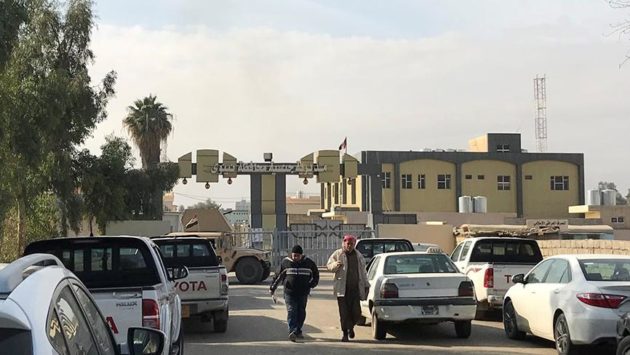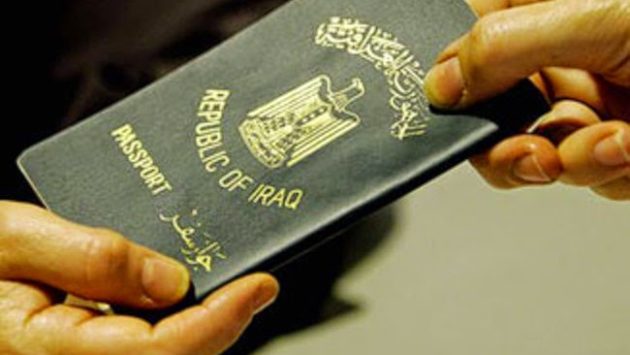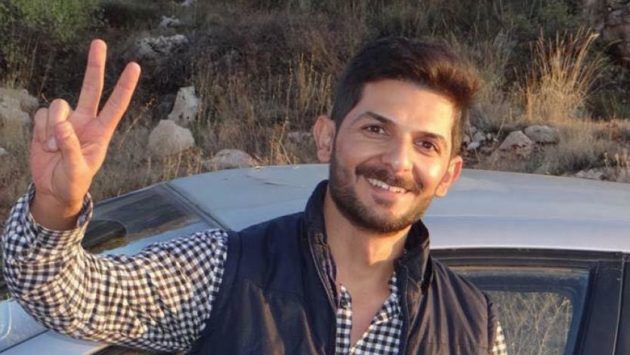Alternatives to War: Eight Things the US Should do Regarding Daesh
By Phyllis Bennis (IPS), 17 March 2015.
When it comes to dealing with US policy towards ISIS, there are two critical understandings. One requires rejecting George W. Bush’s post-9/11 claim that the only choice was “we either go to war, or we let ‘em get away with it.” That was not the only choice for dealing with al Qaeda then, it is not the only choice for dealing with ISIS now. War or nothing is never the only choice.
The other understanding means recognizing that there is often no strategy, no tactic that will successfully end an immediate attack, or resolve another kind of crisis, without causing much greater harm in the medium and long term. Whether or not military action is appropriate or legitimate is not dependent solely on how violent the potential target is. There are critical questions of law – international as well as domestic. There are questions of efficacy – will it work, will it make the threat go away or actually enable the threat to grow? There are challenging questions of consequence – what will happen, and who will come to power the day after? And there are the crucial questions of morality – when we know so many more people will die as a result of anticipated actions, how can we justify carrying them out? And of hypocrisy – when one country’s actions have already been so culpable in creating a crisis, how dare that same government claim legitimacy in choosing to kill again, to destroy again, in the name of solving the crisis?
Military attacks are not only wrong in a host of ways (mostly illegal under international law, immoral because of civilian casualties, a distraction from vitally needed diplomacy), but they also make real solutions impossible.
So what do serious alternatives to military solutions look like? They have to start by recalling why ISIS is so powerful in the first place.
First, ISIS has good weapons, mostly US weapons that have flooded the region directly and through Saudi Arabia and other Gulf States for more than 15 years. Since 2011 the post-Qaddafi chaos in Libya has unleashed a new flood of weapons throughout the region So there needs to be a strategy of how to achieve a real arms embargo on all sides.
Second, ISIS has good military leadership. In Iraq some of it is provided by Sunni generals who were kicked out of their positions in the military when the US invaded and who are now providing training, strategy and military leadership to ISIS-allied militias and ISIS itself. Many of them are very secular, and would be unlikely to continue support for ISIS if they believed a new, truly inclusive government in Iraq would give them some chance of recovering their lost jobs, prestige, and dignity. It has not been enough to elect a new prime minister who speaks in more inclusive language, but announces a new government made up of too many of the same old sectarian faces. There needs to be a real strategy to convince those military leaders that there is a place for them in a new and different Iraq.
Third, also in Iraq, ISIS has support from Sunni tribal leaders – the very people President Obama says he wants to “persuade” to break with ISIS. But these are people who have suffered grievously – first during the US invasion, and especially in the years of the US-backed Shi’a-controlled sectarian government of Nuri al-Maliki. They were demonized, attacked, and dispossessed by the government in Baghdad, and many of them thus see ISIS as the only force they could ally with to find protection from and perhaps even challenge that government. And many of them control large and powerful militias willing to fight alongside ISIS against the government in Baghdad. So there needs to be a strategy to win the Sunni community away from ISIS by building an entirely new, inclusive political culture to replace Iraq’s toxic sectarian divides.
Fourth, ISIS has support from ordinary Iraqi Sunnis, who (also largely secular) may hate what ISIS stands for, its extremism and violence, but who have suffered terribly under successive sectarian Shi’a-controlled governments in Baghdad. They have faced arrests, torture, extra-judicial executions, and more. As a result, some also are willing to ally at least temporarily with ISIS against Baghdad. They must be convinced that the new government in Iraq really represents a break with the anti-Sunni sectarianism of the past.
SO WHAT TO DO?
Step One: Remembering that doing no harm must be the top priority, the first step is to stop the airstrikes.
Step Two: Make real the commitment for “No boots on the ground” and withdraw the troops.
Step Three: The US must also stop flooding the region with arms.
Step Four: The US should change its laws to reverse the Supreme Court decision that criminalizes as “material support for terrorism” any teaching to organizations on Washington’s list of “foreign terrorist organizations.”
Step Five: There must be a real diplomatic partnership to respond to the ISIS crisis.
Step Six: The US should support a new search for broader diplomatic solutions in the United Nations involving both ISIS and the civil war in Syria.
Step Seven: Push the United Nations, despite the resignation of two sequential special envoys, to restart real negotiations on ending the civil war in Syria.
Step Eight: The US must be pushed to massively increase its humanitarian contributions to United Nations agencies for the millions of refugees and IDPs in and from both Syria and Iraq.
This text is an extract from the Testimony of Phyllis Bennis for Congressional Progressive Caucus (Full text here: Testimony-CPC-hearing-ISIS-AUMF-3-17-15). Phyllis Bennis is a Fellow and Director of the New Internationalism Project of the Institute for Policy Studies. This testimony is adapted from her recent book, Understanding ISIS & the New Global War on Terror, Interlink Publishing, July 1, 2015.

